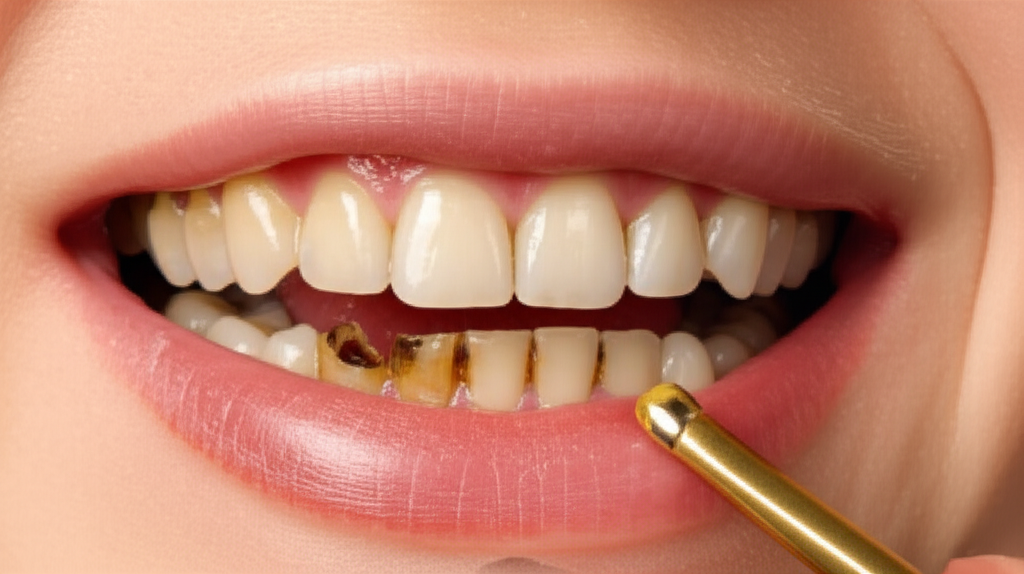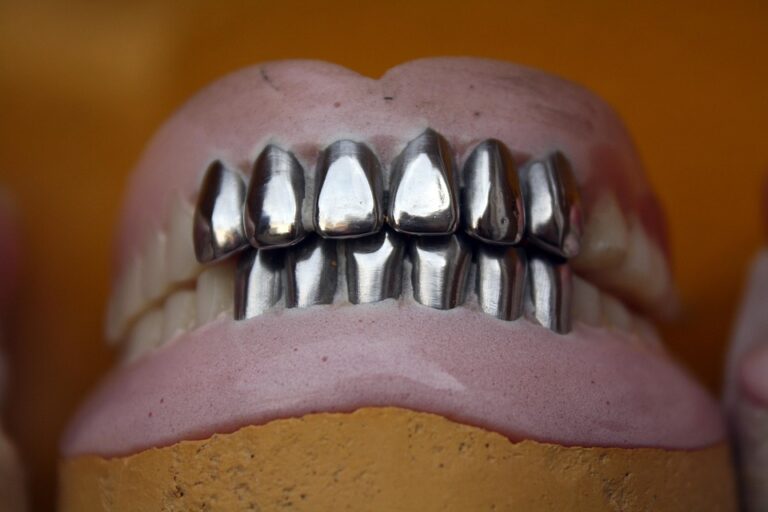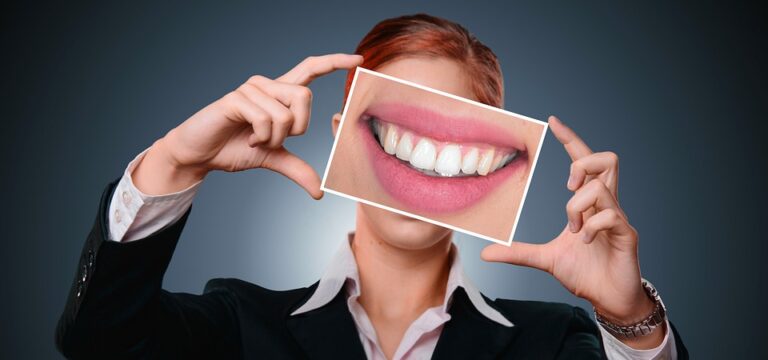
Can Smoking Cause Dental Problems? The Harsh Truth About Tobacco and Your Oral Health
Smoking can really mess up your smile. It doesn’t just make your teeth yellow or brown. It can hurt your gums, make your breath smell bad, and even make you lose teeth—or worse, get cancer in your mouth. If you care about your teeth, keep reading to see what smoking really does, why it’s so risky, and what you can do to save your smile—even if you haven’t quit yet.
Table of Contents
- What Makes Smoking So Harmful for Your Mouth?
- How Does Smoking Affect Blood Flow and Healing in the Mouth?
- Can Smoking Make Your Body Weaker at Fighting Germs?
- What Toxins in Tobacco Directly Hurt Your Teeth and Gums?
- How Does Smoking Change the Bacteria in Your Mouth?
- What Kinds of Dental Problems Does Smoking Cause?
- Do E-Cigarettes, Vaping, or Chewing Tobacco Hurt Your Dental Health?
- What Signs Show That Smoking is Damaging Your Mouth?
- Why Is It Extra Important for Smokers to See the Dentist Often?
- Can You Fix the Damage? How Quitting Smoking Can Help Your Oral Health
- What Can You Do Now to Protect Your Teeth as a Smoker?
- [Bonus] Frequently Asked Questions
- Most Important Things to Remember
1. What Makes Smoking So Harmful for Your Mouth?
Let’s get right to the point. Smoking is one of the main reasons people get bad dental problems. When you smoke, bad stuff like tar, nicotine, and lots of other chemicals go right into your mouth. Your gums and teeth get hit every time you take a puff. It’s not just the smoke—it’s also the chemicals in the tobacco and the heat. These all hurt your mouth in different ways.
I’ve seen it myself: people who smoke have worse dental check-ups, more stains, more cavities, and, sadly, lose more teeth. It’s not just something that only happens to “someone else.” It can happen to anyone who smokes.
Problem: Every time you smoke, you’re putting your teeth and gums at risk.
Agitate: You might not notice a little blood or bad breath at first. But over time, the harm adds up, often quicker than you expect.
Solution: Understanding these risks (and even seeing proof in your own mouth) can help you make better choices. Quitting really helps, but even if you’re not ready to stop, you can still take steps to protect your teeth right now.
2. How Does Smoking Affect Blood Flow and Healing in the Mouth?
When you smoke a cigarette, nicotine gets into your blood. Nicotine makes your blood vessels get smaller (this is called vasoconstriction). This means:
- Your gums don’t get as much oxygen or food.
- Waste doesn’t leave your gum tissue as fast.
- If you cut, scrape, or injure your mouth, it heals a lot slower.
Have you ever heard someone say their dental implant failed, or they got an infection after a tooth was pulled? Smokers have these problems much more often. Without enough blood flow, healing slows way down, and germs might take over.
3. Can Smoking Make Your Body Weaker at Fighting Germs?
For sure. Your immune system is like your mouth’s bodyguard. It helps fight bad germs and heal infections. But smoking makes that bodyguard lazy.
The chemicals in cigarettes and tobacco products make your blood’s white cells weaker. They don’t attack germs as well, so problems like gum disease (gingivitis and periodontitis) get worse, faster.
It’s like locking the front door but leaving all the windows open for trouble. Your body just isn’t as good at protecting itself if you smoke.
Table: Effects of Smoking on Gums
| Smoking Effect | What Happens in the Mouth |
|---|---|
| Less blood flow | Slower healing, more infection |
| Weaker immune response | Germs spread easier |
| More swelling | Gums break down faster |
4. What Toxins in Tobacco Directly Hurt Your Teeth and Gums?
Let’s be clear. Tobacco is packed with over 7,000 chemicals. Here are a few that really hurt your mouth:
- Nicotine: Makes blood vessels shrink, dries your mouth, stains teeth more.
- Tar: Turns teeth yellow or brown.
- Carbon Monoxide: Takes away oxygen in your gums. Less oxygen means more gum tissue dies.
- Cancer-causing chemicals: These can cause cancer right in your mouth.
These chemicals hurt not just your gums but also the hard outer layer of your teeth (enamel) and the bone below. Over time, this means your teeth lose support and might fall out.
5. How Does Smoking Change the Bacteria in Your Mouth?
Did you know your mouth is full of tiny things you can’t see? Some are good, some are bad. Smoking messes up this whole group (the “oral microbiome”).
- Bad germs grow faster when you smoke.
- These germs eat leftovers in your mouth and create plaque—a sticky layer that turns hard into tartar.
- They attack your gums with acids and chemicals, causing swelling and infection.
The end result: gum disease is able to take over, and cavities show up more easily.
6. What Kinds of Dental Problems Does Smoking Cause?
Smoking doesn’t just cause one problem—it causes lots. Let’s look at them one by one.
Gum Disease (Gingivitis & Periodontitis):
- Early Signs: Red, swollen gums. Sometimes they don’t even bleed—smoking hides this!
- Bigger Problem: Gums pull away from teeth, the bone under your teeth gets destroyed, teeth feel loose.
Tooth Loss:
- If your gum disease gets bad, bone and gum can’t hold your teeth in place anymore.
- Tooth loss happens a lot more for smokers than for people who don’t smoke.
Mouth Cancer and Precancer:
- Smoking can cause white patches (leukoplakia) or sores that won’t heal.
- There’s a much bigger risk of getting cancer in your gums, tongue, cheeks, lips, and throat.
Yellow Teeth & Bad Breath:
- Tar and nicotine stick to your teeth, turning them yellow or brown.
- Smoking dries your mouth, which lets smelly germs multiply.
Can’t Taste or Smell as Well:
- You might notice food doesn’t taste right, or smells seem weak.
Cavities & Tooth Decay:
- Saliva washes away food and keeps acids low. Smoking means you have less spit, so more tooth decay.
- Cavities happen more often to smokers.
Other Problems:
- Slower healing after dental work.
- More trouble with dental implants.
- More mouth sores, retracted gums, and bone loss.
Want to know more details? Check this deep dive on dental diseases.
7. Do E-Cigarettes, Vaping, or Chewing Tobacco Hurt Your Dental Health?
You might think “I don’t smoke—I just vape,” or, “Chewing tobacco can’t cause cancer, right?” Let’s clear things up.
E-Cigarettes & Vaping:
- They don’t burn tobacco, but most still put nicotine in your mouth—and that’s the main reason gums don’t get enough blood or help fighting germs.
- Some vape liquid dries your mouth or hurts gum tissue.
- Flavors and other things added to vapes might irritate your gums and mouth.
- Early studies say vaping might not be as safe for your teeth and gums as you think.
Chewing Tobacco (Dip, Snuff):
- This tobacco sits right next to your gums, sometimes for hours.
- It causes gums to shrink, white or red patches in your mouth, and a really high risk of cancer.
- Cavities are a much bigger problem too. Sugar and sand in some products make it even worse.
Don’t be fooled by cool gadgets or “natural” claims—all kinds of tobacco are bad for your mouth.
8. What Signs Show That Smoking is Damaging Your Mouth?
You can’t always spot or feel a problem right away. But here are a few red flags:
- Bad breath that sticks around even after using mouthwash.
- Receding gums—you see more tooth or roots feel sensitive.
- Swollen or bleeding gums, even if sometimes they don’t bleed (smoking can hide this).
- Loose teeth or feeling like your teeth are moving.
- Sores or spots in your mouth that won’t go away after two weeks.
- Trouble chewing or changes in how your teeth come together.
If you notice any of these signs, get help quickly. Tooth and gum problems move fast for smokers.
9. Why Is It Extra Important for Smokers to See the Dentist Often?
Dentists can find problems before you feel pain or lose teeth. For smokers, regular dental check-ups are a must—not just a good idea.
- Cleanings get rid of extra plaque and hard gunk that builds up faster for smokers.
- Exams help catch gum disease, cavities, or signs of mouth cancer before they’re big problems.
- Your dentist gives you tips just for smokers to help keep your teeth as healthy as possible.
It’s a smart move to go at least every six months, but your dentist might want to see you more. Want to see how dentist visits fit into your plan? Get tips at teeth health.
10. Can You Fix the Damage? How Quitting Smoking Can Help Your Oral Health
The best news? Your mouth can still get better. See what happens after you quit:
- Blood flow gets better in just a few days. Your gums get the oxygen and food they need to heal.
- Your body’s defense gets better at fighting germs.
- Gum disease can slow down or even stop.
- Sores and patches might disappear, and your risk for mouth cancer slowly gets smaller.
- Teeth might look nicer as stains get lighter (you can fix this faster with help from a dentist or dental ceramics lab for smile fixes).
The longer you stay away from smoking, the better your mouth will feel—and the better your odds of keeping your teeth, avoiding pain, and dodging cancer.
11. What Can You Do Now to Protect Your Teeth as a Smoker?
Maybe you’re not ready to quit yet. Here’s how you can still help your mouth:
- Brush your teeth twice a day and floss once every day.
- Your dentist might want you to use toothpaste made for smokers.
- Use antibacterial mouthwash.
- Drink a lot of water to wash away food and keep your mouth wet.
- Stay away from sugary snacks that feed germs.
- Never skip your dental check-up.
- Be honest with your dentist that you smoke. They’re there to help, not judge you.
- Ask about extra cleanings or gum care made for smokers.
If you have bridges, implants, or dentures, lots of labs—like this crown and bridge lab—offer great fixes for keeping your smile after tobacco damage.
[Bonus] Frequently Asked Questions
Q: How soon after quitting does my mouth start healing?
A: Some healing starts in just 1-2 weeks. Your risk of gum disease and cancer keeps dropping the longer you stay off tobacco.
Q: Can vaping cause cancer in my mouth?
A: Vaping isn’t 100% safe. Research shows it can hurt your gums and, for some people, chemicals may raise cancer risk, even if it’s not as much as smoking.
Q: Will my gums grow back after quitting smoking?
A: Small gum swelling can get better, but big gum loss won’t come back. Quitting stops things from getting worse.
Q: What dental work should smokers get?
A: More cleanings, extra check-ups, and sometimes gum care. If you use dental devices, pick a china dental lab with know-how for tobacco-related issues.
Most Important Things to Remember
- Smoking causes gum disease, tooth loss, bad breath, and mouth cancer.
- Nicotine and other chemicals make it harder for your gums to get blood, hurt your defense system, and slow healing.
- Smokers need to see the dentist more often to catch problems early.
- Stopping smoking is the best way to save your mouth and teeth.
- Until you quit, take extra care of your teeth and talk to your dentist about labs that help fix tobacco damage—like a good dental ceramics lab or experienced crown and bridge lab.
- No tobacco product—including vapes and chewing tobacco—is safe for your mouth.
Your smile is worth saving. Start today—just one small step at a time!
References
- American Dental Association (ADA)
- Centers for Disease Control and Prevention (CDC)
- World Health Organization (WHO)
- National Cancer Institute (NCI)
- Dental journals on gum disease, mouth germs, and healing








